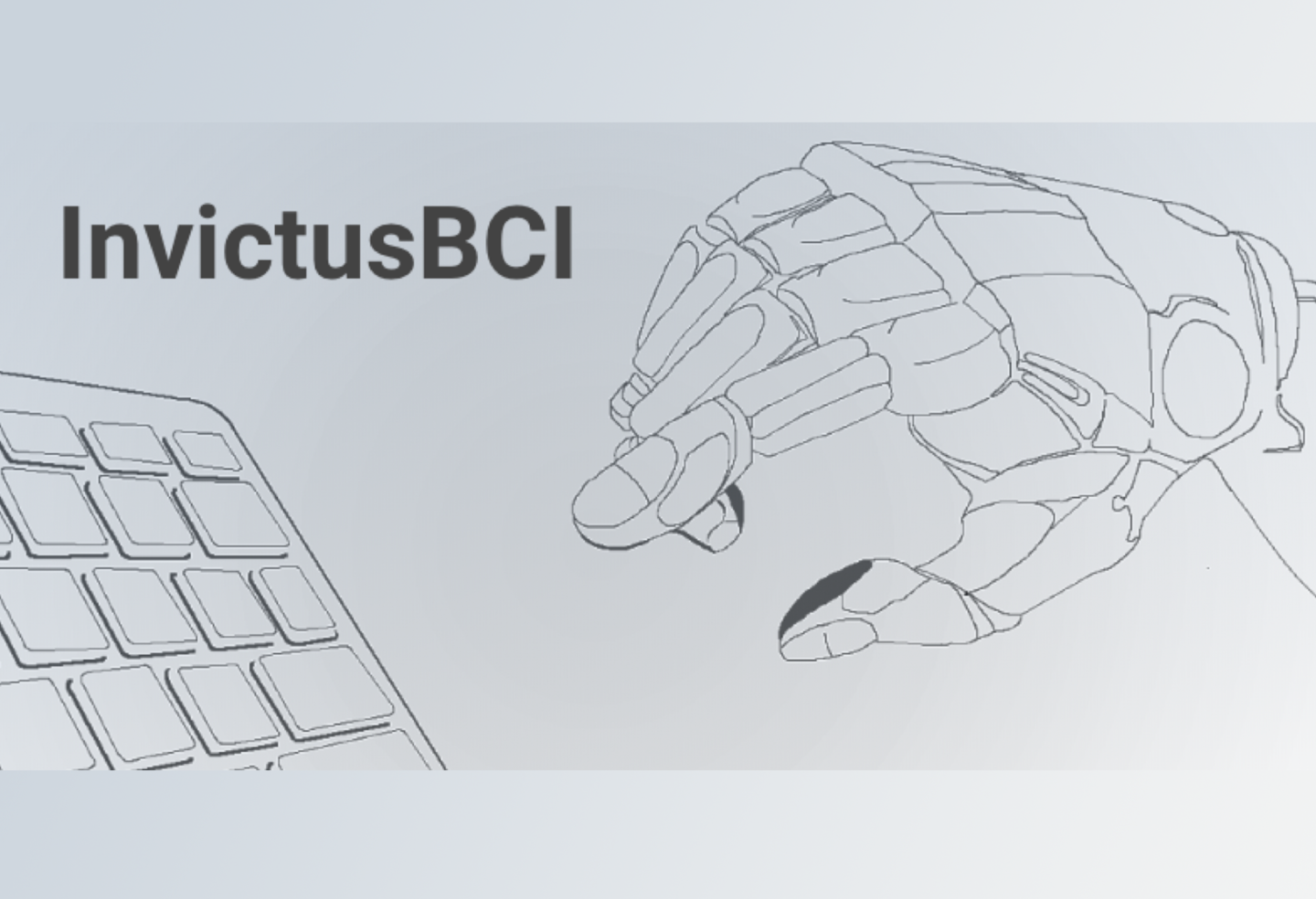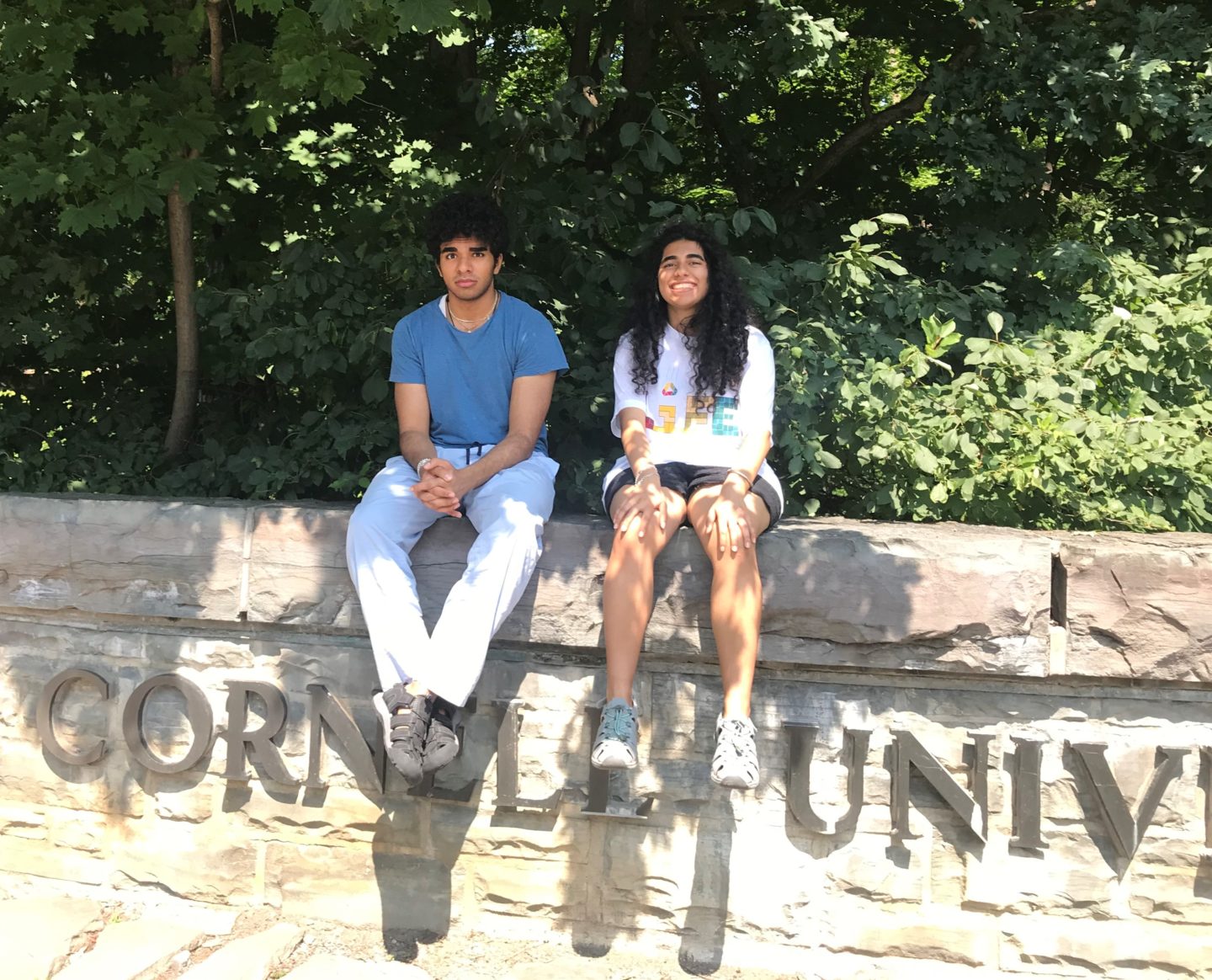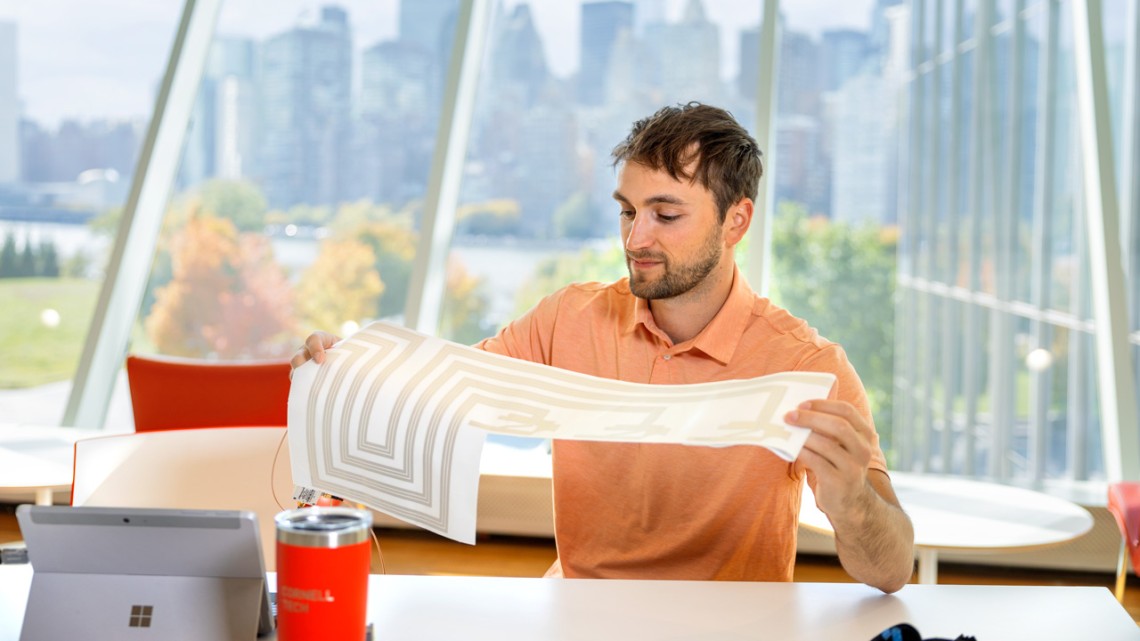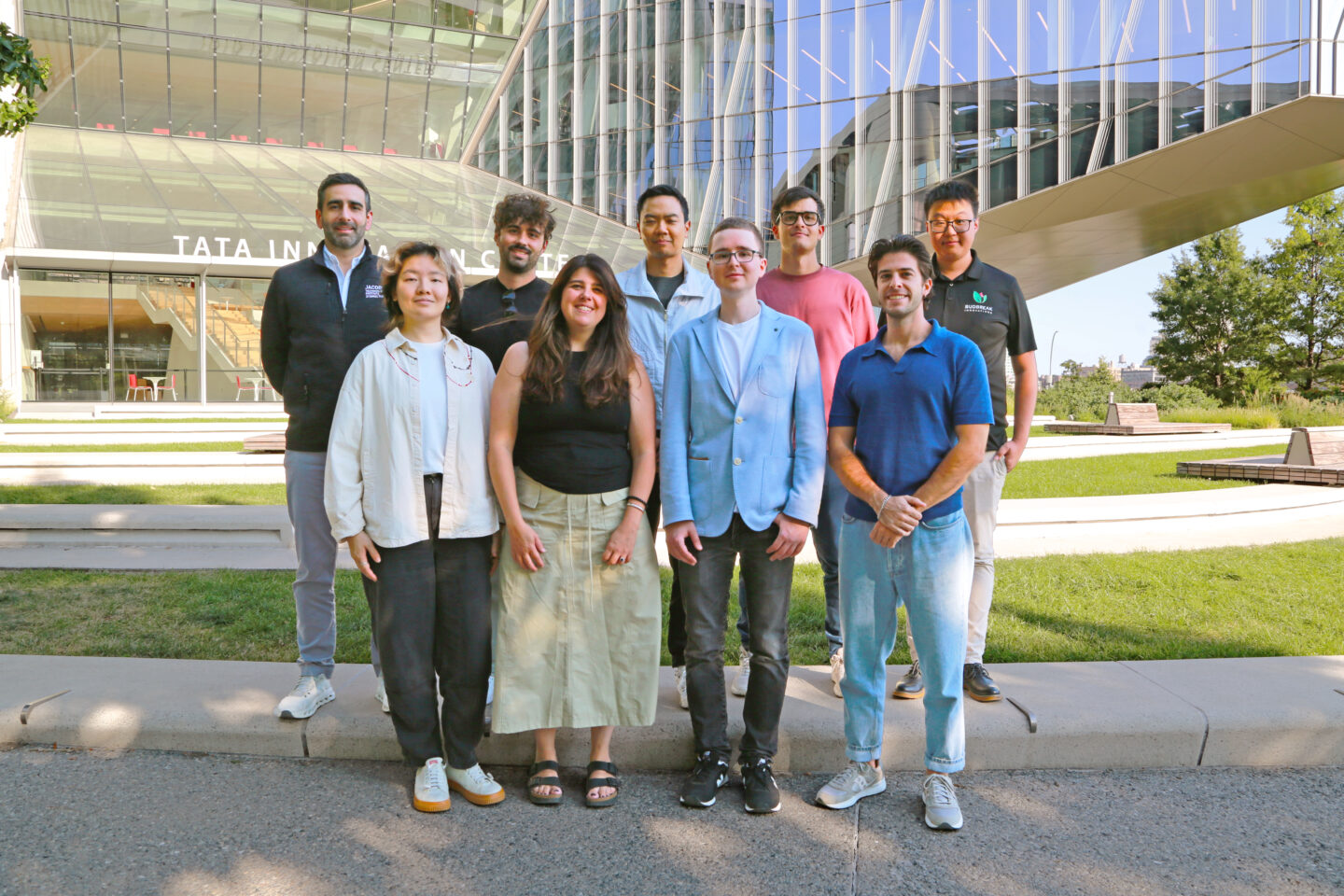Cornell Tech Student Uses Machine Learning To Create A Brain-Powered Prosthetic
Categories
Electrical & Computer Engineering, Startup Studio, Startups, Studio

The inspiration for innovative technology often comes from personal experience. That was the case for Vini Tripathii, Master of Engineering in Electrical and Computer Engineering ‘20. “Two years ago my mother got very sick, and it got so bad that doctors thought she was going to die. They had to amputate her hand to save her life,” she said. As her mother recovered and began using a prosthetic, Tripathii saw its limitations. “The prosthetic was just so inadequate. It made it so difficult for her to do simple everyday tasks, and she is someone who is really active and independent,” she said.
Tripathii interviewed other people with amputated upper limbs to learn about their experiences and found that even high-end prosthetics offer limited hand movements, are uncomfortable, and can be difficult to use. In her interviews, she found that more than 60% of people with amputated upper limbs gave up on using prosthetics.
In 2017, there were approximately 400,000 people with amputated upper limbs in the U.S. alone, and that number is projected to double by 2050, according to research published in Eplasty. Tripathii and her brother Eeshan, an undergraduate student at MIT, created a solution for their mother and hundreds of thousands of people with amputated upper limbs worldwide.

The Solution
Tripathii discovered that the issue isn’t the mechanical part of the prosthetic, but rather the control system that is hard to use. Mechanical hand prostheses are manipulated by using a button or manually changing the position or grasp. Myoelectric-controlled hand prostheses use the muscles in someone’s residual limb to control its functions, but it takes training to learn to flex different muscles to get the desired response. She also learned about a technology called a brain-computer interface (BCI) — a computer-based system that captures and analyzes brain signals and translates them into commands that are sent to an output device to make the desired action, such as moving a prosthetic hand.
Instead of manufacturing prosthetics, Tripathii decided to use technology to turn any prosthetic into a non-invasive neuroprosthetic with near-natural functionality. Her solution, Invictus BCI, uses BCI technology to create an algorithm that allows people to use their prosthetic hands more effortlessly. “By tapping into the same neural pathways that you use to control your hand and by using those to control the prosthetic, it is basically like turning your prosthetic into the same level of control you had over your real hand,” she said.
The Tripathiis started their company two years ago and she has continued to work on it as a student at Cornell Tech. “The Invictus in Invictus BCI comes from William Ernest Henley’s poem ‘Invictus’ — Henley himself was an amputee. Invictus is Latin for ‘unconquerable,'” she said.
How It Works
Invictus BCI uses an electroencephalogram (EEG) to non-invasively record brain signals and an electromyography (EMG) sensor array to non-invasively record muscle signals. The user wears a headset and prosthetic sleeve with the EEG and EMG electrode stickers, then the BCI decodes the EEG and EMG signals using Invictus BCI’s proprietary algorithm and the prosthetic hand moves based on the same neural pathways as hand movement. Instead of using specific muscle movements to control the hand, the control interface she created uses advances in machine-learning and neuroscience to allow people to move their prosthetic hand effortlessly. Right now the prototype works for the six most common hand movements, but Tripathii said the goal is to return near-natural functionality so everything you can do with your hand, you can do with Invictus BCI.
Using Classwork to Build a Company
Tripathii started her research for the company before coming to Cornell Tech and said that the Cornell Tech curriculum has accelerated the progress. “It would have been much harder without the guidance I received at Cornell Tech. The curriculum and structure and the professors are so wonderful that it made it a lot easier, and the professors are all so open,” she said. She learned from the lectures and guest speakers and especially from individual meetings with professors who gave her advice and guidance as she used the skills she learned in class to build the prototype.
Tripathii worked on Invictus BCI as part of the Startup Studio curriculum. Throughout the course, she learned from professors and industry leaders and spoke with medical care providers, insurance companies, and clinicians to develop the business plan. The Cornell Tech curriculum not only taught her technical skills, but also necessary marketing and business development skills as she continues to build the company.
Invictus BCI was one of four student companies to win at the sixth-annual Startup Awards. A panel of tech industry leaders and executives chose the winning student teams who receive coworking space at the Tata Innovation Center on Cornell Tech’s campus and $100,000 in pre-seed funding to pursue their startups after graduation. Right now, Invictus BCI costs $9,000, although Tripathii is talking to insurance companies about pricing. “With Invictus BCI, lower range prosthetics become capable of mid-range performance, mid-range prosthetics are able to perform like high-end prosthetics, and high-end prosthetics are elevated even further to something beyond what is currently available.”





